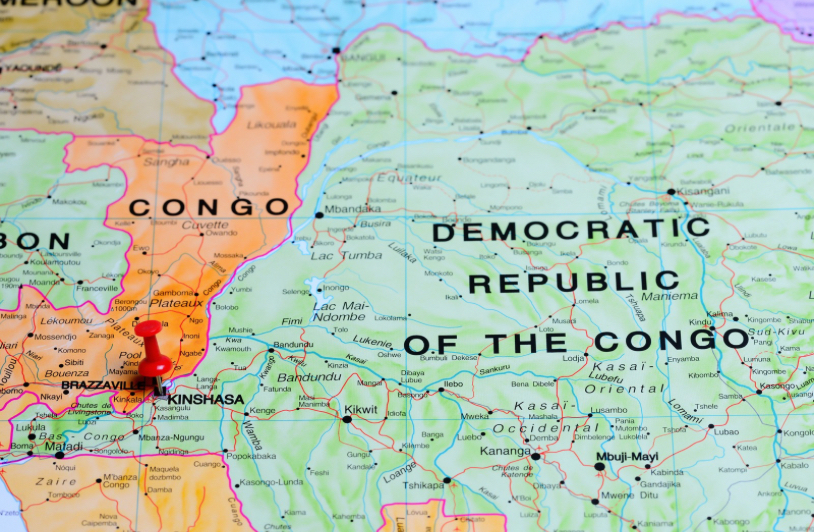Economic and Humanitarian Interests Clash in U.S. Engagement with the Democratic Republic of the Congo
Since its founding, America’s engagement with, and intervention in other countries, has been motivated by the desire for some combination of political, economic, military and moral strength.
The amorphous story of America’s relationship with the Democratic Republic of the Congo (DRC) is a case in point. If you look closely through the haze of misinformation and misdirection at some important developments that have unfolded over the last several months, the inherent tension in America’s mixed motivations becomes more clear.
For economic and humanitarian reasons, the United States has taken some steps to break China’s monopoly on the mines in the DRC. In June of last year, Republican Senator Christopher H. Smith (R-NJ) introduced H.R. 443, a bill that seeks to ensure that goods made with child labor or forced labor in the DRC do not enter the U.S. Market. The still pending legislation also pushes back against China’s control of strategic metals and minerals.
In February of 2024, the United States invested $2.3 billion into a multinational public-private partnership to build a railroad spanning 350 miles that would transport copper and cobalt from Congo and Zambia to Lobito, a seaport in Angola. In part, this is a strategy to reduce America’s dependence on China for raw materials. While it is purported to be a means to help overhaul Africa’s infrastructure for Africans, it is also a means to gain direct access to raw materials. This is not a dissimilar strategy from the agreement China made with former president Joseph Kabila of DRC to help build health clinics, schools, roads and more in exchange for 70%-80% of the refined cobalt market that China now owns.
Meanwhile, on March 5, 2024, five major U.S. corporations were sued for their alleged support of forced and child labor in cobalt mining ventures in the Democratic Republic of Congo. Filed by eleven former DRC child miners and five guardians of deceased child miners and their representatives, the corporations named in the allegation were Alphabet (the parent company of Google), Dell Technologies, Apple, Tesla and Microsoft.
In a vote of 3-0, the U.S Court of Appeals for the District of Columbia declined to hold five major American corporations responsible. The three-judge panel found the corporate defendants were “Not Guilty” based on the fact that no evidence was presented to prove that the relationship between the corporations and mining ventures in the Congo was anything but a buyer/seller relationship. As such, the companies could not, then, be liable for being complicit in child labor simply by purchasing cobalt.
“Without more specific allegations, the question is whether the tech companies’ purchasing an unspecified amount of cobalt from a supply chain originating in DRC mines plausibly demonstrates ‘participation in a venture’ with anyone engaged in forced labor in that supply chain,” Circuit Judge Neomi Rao wrote. “We hold that it does not.”
This is part 2 of an ongoing series by DCReport’s Karl Von Weissenbeck, speaking on untold stories and tragedies in Africa and beyond. This series will continue to provide pieces of information and opinion that the legacy media often overlooks, while also speaking with humanitarian professionals and experts moving forward.
Read Part 1: Cobalt, Congo, China And Child Labor




